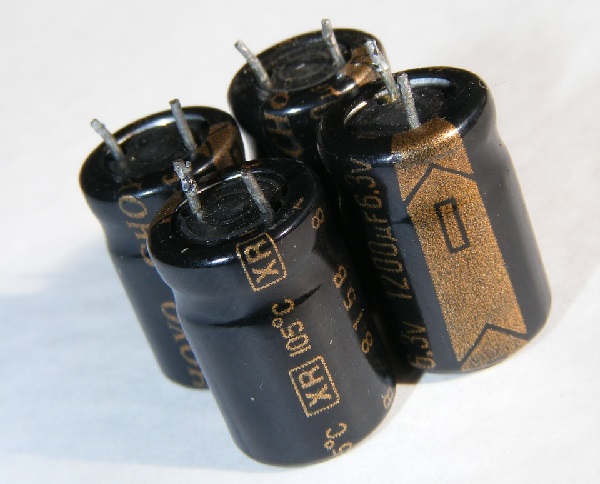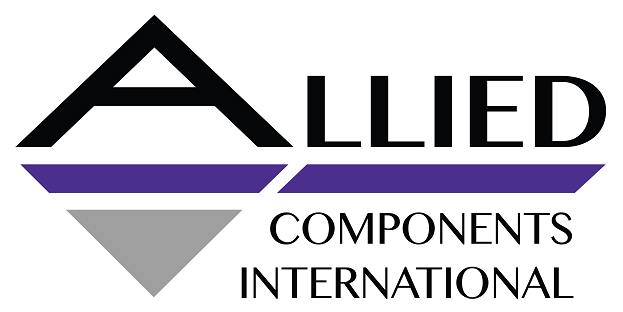Aluminum Polymer Capacitors: Why They Are Preferable Over Others

Learning the differences between aluminum polymer capacitors and other electronic capacitors can help you decide how to choose capacitors for certain equipment. While it's common for capacitors to be constructed with an anode foil and cathode foil, there are several different types of capacitors to consider. Here's why aluminum polymer capacitors are favored for specific applications.
Polymer Aluminum Capacitors
The advantages of polymers are lower ESR, higher ripple current, no dry-out behavior, and more durability. After about eight hours, a liquid monolayer converts into a solid polymer. Meanwhile, the advantages of traditional aluminum electrolytic are higher voltage ratings, more affordable and better leakage current behavior.
What All Capacitors Have in Common
All capacitors, regardless of the materials they are made from or their applications, are vulnerable to moisture, temperature and time. Humid, hot weather can affect the capacitance. Over time aging behavior can lead to dry-out and other problems.
Whether the capacitor is made of ceramic, film or aluminum electrolytic, it can be used for a long list of applications, such as power conversion, frequency conversion, noise filtering, audio crossover, and DC buffering.
Reasons for Choosing Aluminum Polymer
A common misconception about capacitors is that they store an electric charge. While they don't store a charge, they can store energy. Aluminum polymer capacitors can operate usefully for about 2,000 hours at maximum temperature; which equates to over two-and-a-half months. These units may last longer if they are kept in a cool environment.
When deciding on a capacitor, it's important to take into account the applications it will be used for and the environment where it will be used. A high temperature can cause the polymer to oxidize.
As an electrolytic capacitor, the device relies on an anode made of foil. The cathode also consists of aluminum foil so that it can make electrical contact with the electrolyte. The anode and cathode foils must be kept apart with a separator to avoid a short circuit.


